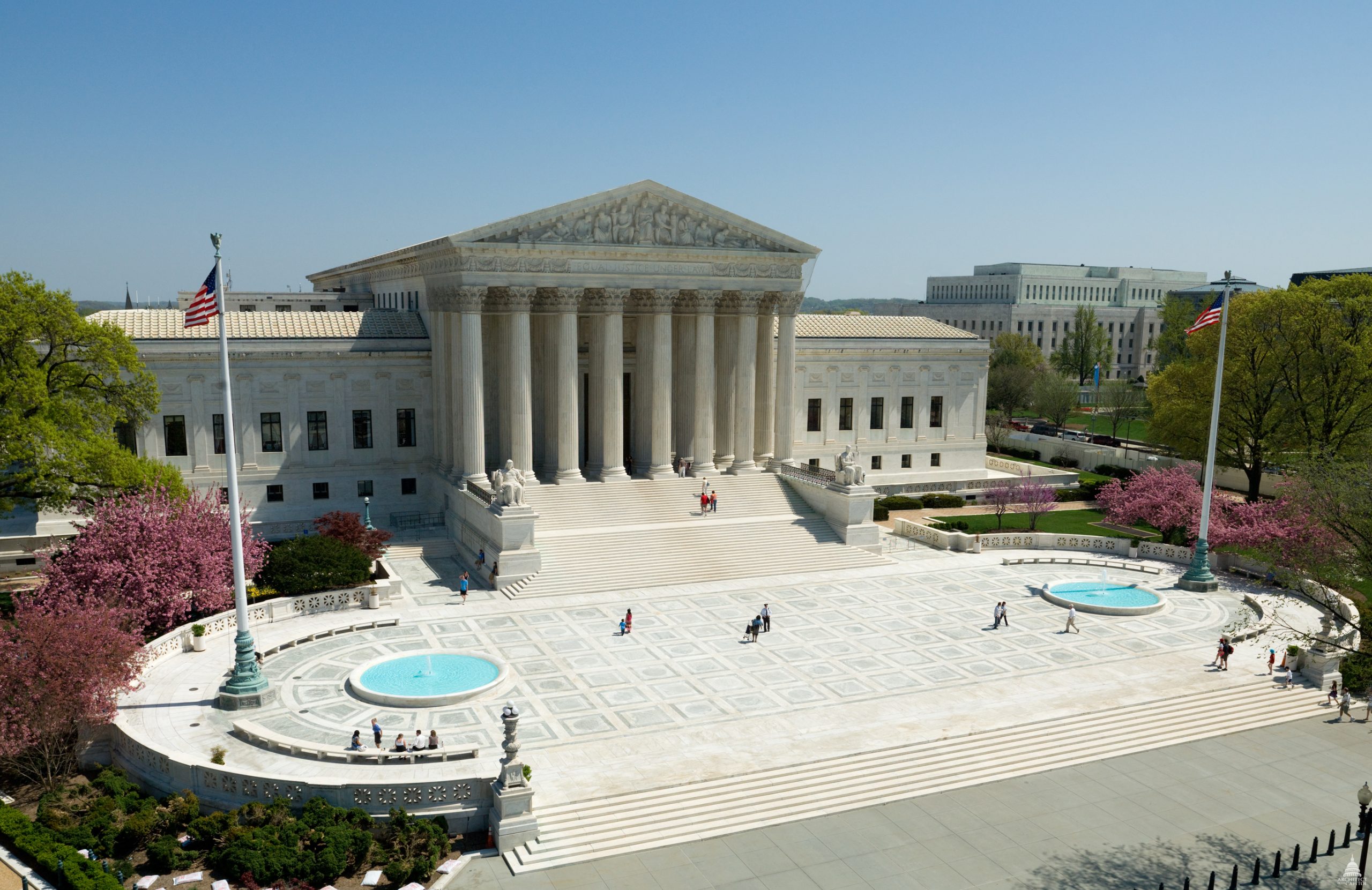Washington, D.C. | June 24, 2025 – The U.S. Supreme Court on Monday granted an emergency application from the federal government to stay a lower court injunction, enabling the Department of Homeland Security (DHS) to resume deporting migrants with minimal notice while litigation proceeds. The ruling—decided by a six-justice majority—temporarily lifts an April order from the U.S. District Court in Massachusetts that required advance notice and due process information for deportees.
The Supreme Court’s unsigned order did not include an explanation from the majority. However, a forceful dissent authored by Justice Sonia Sotomayor, joined by Justices Elena Kagan and Ketanji Brown Jackson, criticized the decision as a blow to constitutional due process protections.
“By rewarding lawlessness, the Court once again undermines that foundational principle [of due process],” Sotomayor wrote. “Apparently, the Court finds the idea that thousands will suffer violence in far-flung locales more palatable than the remote possibility that a District Court exceeded its remedial powers.”
Background and Legal Context
The underlying dispute involves whether DHS can remove noncitizens from the U.S. with minimal or no warning—often within hours—without providing a meaningful opportunity to seek legal relief. The Massachusetts district court initially blocked this practice in April, citing due process concerns. It found that DHS had removed individuals, including a Guatemalan asylum seeker and a group of South Sudanese nationals, in violation of that order, giving as little as four hours’ notice.
Justice Sotomayor emphasized that such brief notification—especially for detainees without legal representation—fails to provide a realistic opportunity to exercise legal rights. “Notice at 5:45 p.m. for a 9:35 a.m. deportation, provided to a detainee without access to an attorney, plainly does not afford that noncitizen with a reasonable time to seek relief,” she noted.
Broader Implications
The decision highlights ongoing tensions between the judiciary and the executive over immigration enforcement. The Trump administration has increasingly used emergency legal measures to expedite removals, arguing they are necessary to manage a strained immigration system. Critics argue that these tactics sideline established due process norms and threaten constitutional safeguards.
Civil rights groups and some legal scholars argue that the judiciary plays a vital role in reviewing executive actions, especially when vulnerable populations face potential harm. Others contend that courts risk overstepping their authority by interfering in national immigration policy.
The stay granted by the Supreme Court does not resolve the underlying case, which will proceed before the U.S. Court of Appeals for the First Circuit. Under First Circuit precedent, plaintiffs seeking preliminary injunctions must demonstrate likely success on the merits, risk of irreparable harm, favorable balance of equities, and public interest support.
The case has drawn national attention, especially in the wake of “No Kings” protests held across the U.S. on June 14, where demonstrators criticized perceived executive overreach in immigration and other federal powers.
The Supreme Court’s decision reaffirms, at least temporarily, the administration’s discretion in executing immigration policy while also intensifying the legal and political debate surrounding due process rights for noncitizens facing deportation.



